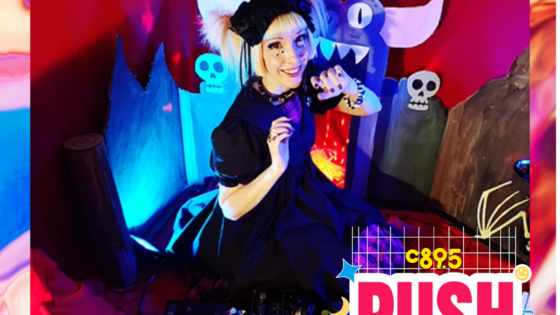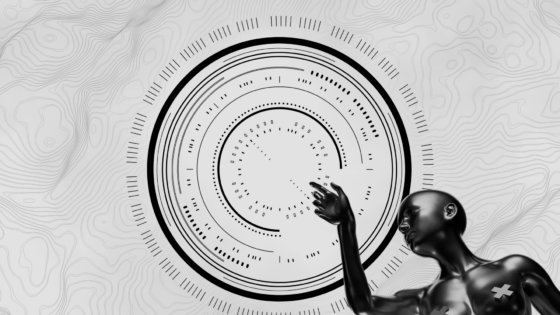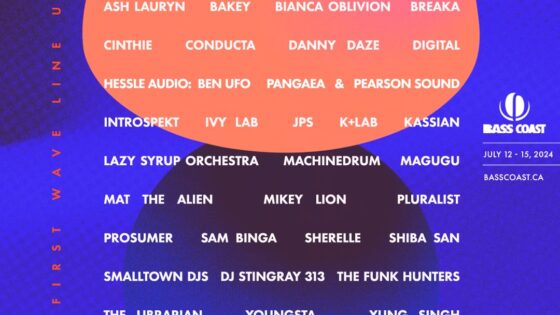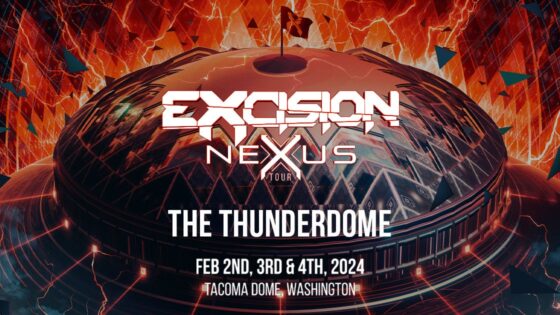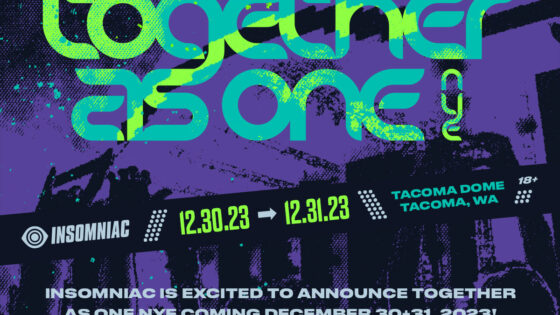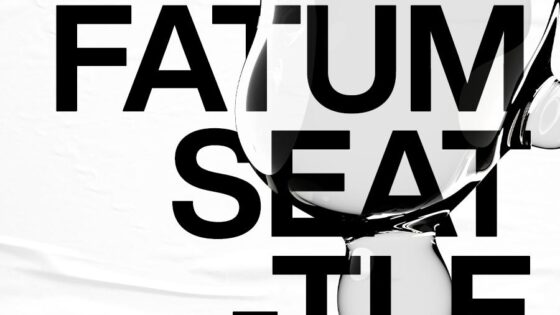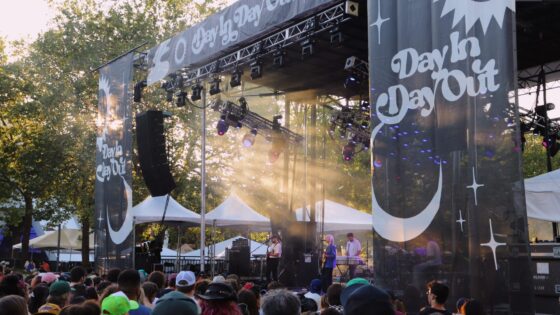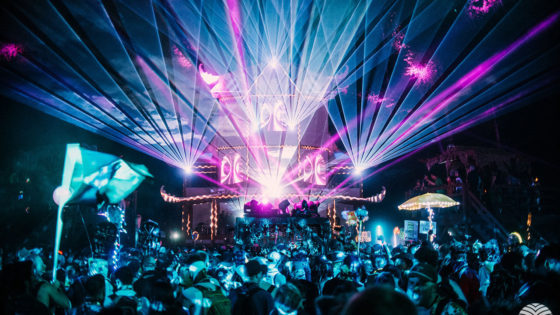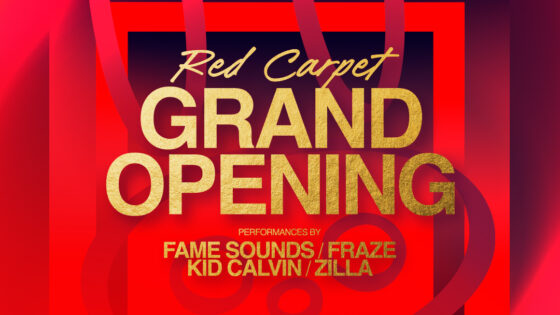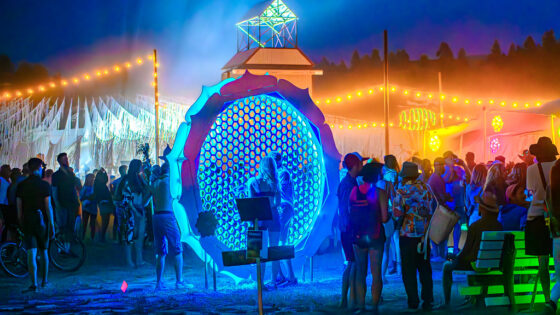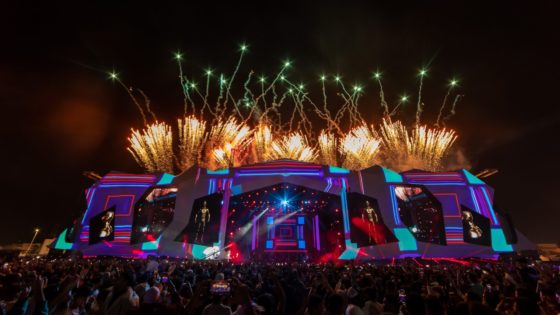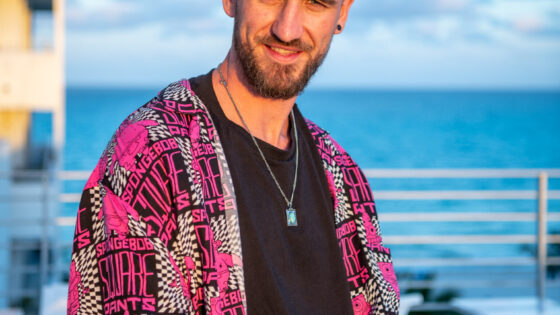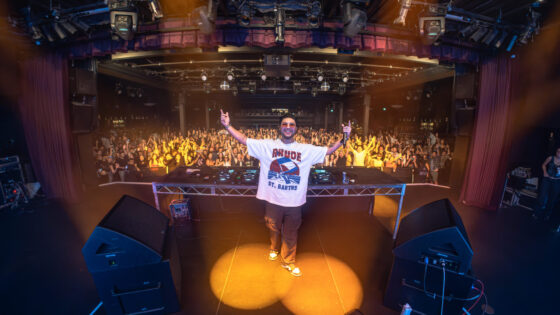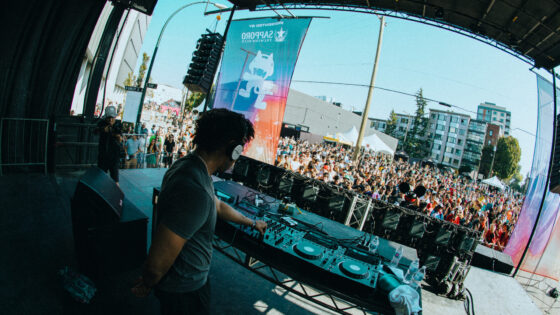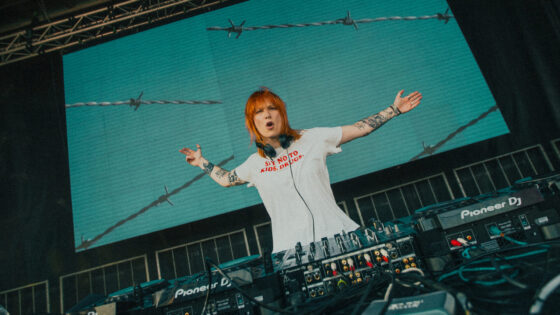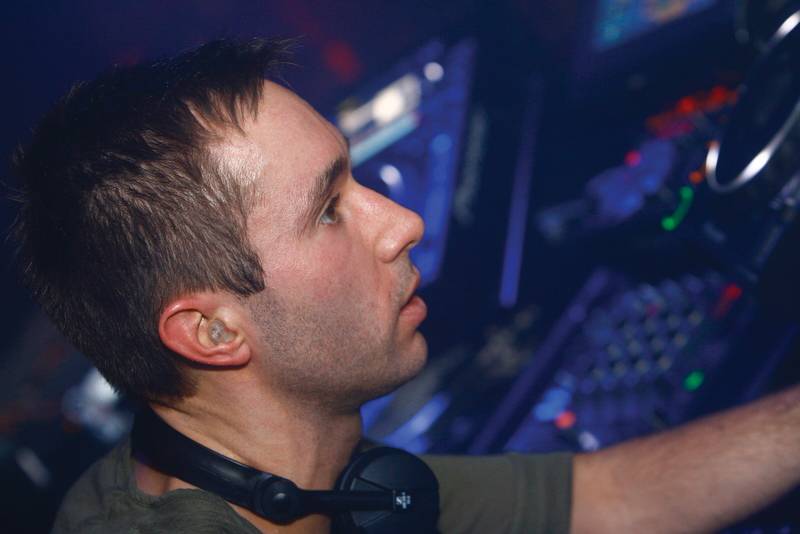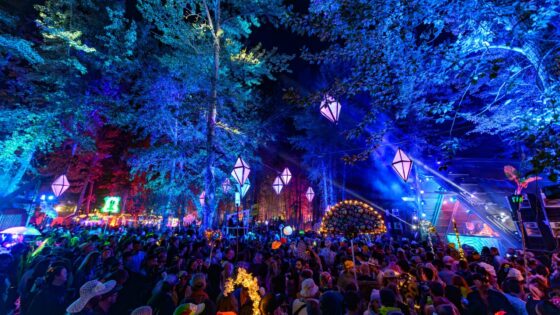A topic of discussion that has plagued the dance music world; the bane of artists, industry professionals, and fans alike, is hearing loss.
No one wants to admit it, but in a time when loud concerts and music are readily available anywhere and any time, it is entirely possible that many of us will, or already have life-long hearing damage. Everyone who has gone to a concert or festival has experienced that high-pitched ringing in your ears that can last anywhere from an hour to a whole day. This is one of the tell-tale signs of hearing loss. Well we are here to help answer some important questions about hearing loss and what people are doing about it.
How does hearing loss happen?
Hearing damage, or hearing loss, can occur when being exposed to volumes above 85 decibels. Decibels are the standard unit of measurement for the relative loudness of sounds. Hearing damage can also occur from prolonged exposure to sounds around 70 decibels. Some indoor concerts can be anywhere from 90-120 decibels. With this in mind, it is inevitable that anyone who frequents loud events with no hearing protection will receive permanent damage and even hearing loss.
Why do artists and venues play music so loud?
To start, there is no state or federal legislation on the maximum volume allowed at events. The matter is seen as a personal choice for both performers and attendees of the events. Also, most people perceive music as sounding better when played louder, therefore artists and venues prefer to play their music louder.
This however can prove dangerous to performers and audience alike. The responsibility of protecting concert-goers lies with the venues that run them, and maintaining a safe and enjoyable volume is a part of that responsibility. Therefore, we should hope that staff at any given live performance would have hearing protection readily availably for attendees.
How are venues protecting their patrons?
We recently went to several events at large and small venues and found an interesting trend. When we attended shows at a larger venue, like WaMu Theater when they hosted Hard PNW, staff had hearing protection on hand and it was readily available. However, for shows at smaller venues like a bar or nightclub, hearing protection is typically not available.
How can I be proactive about hearing loss prevention?
For the times when earplugs aren’t available at a venue, there is a wide selection of professional-grade earplugs to choose from that can protect your eardrums while preserving the sounds being played. This means you can still hear every smooth bassline and crispy synth in full detail and you can still have a conversation with the people around you while still preserving and protecting your eardrums.
In the end, you will be able to hear your favorite music better and for longer periods of time, and of course, you’ll still be able to hear later in life rather than needing surgeries or hearing aids to retain your ability to hear. Please have an open conversation with friends and family about the importance of hearing protection and hearing loss prevention.
Important things happen in Pacific Northwest nightlife, and DMNW will send you alerts!




